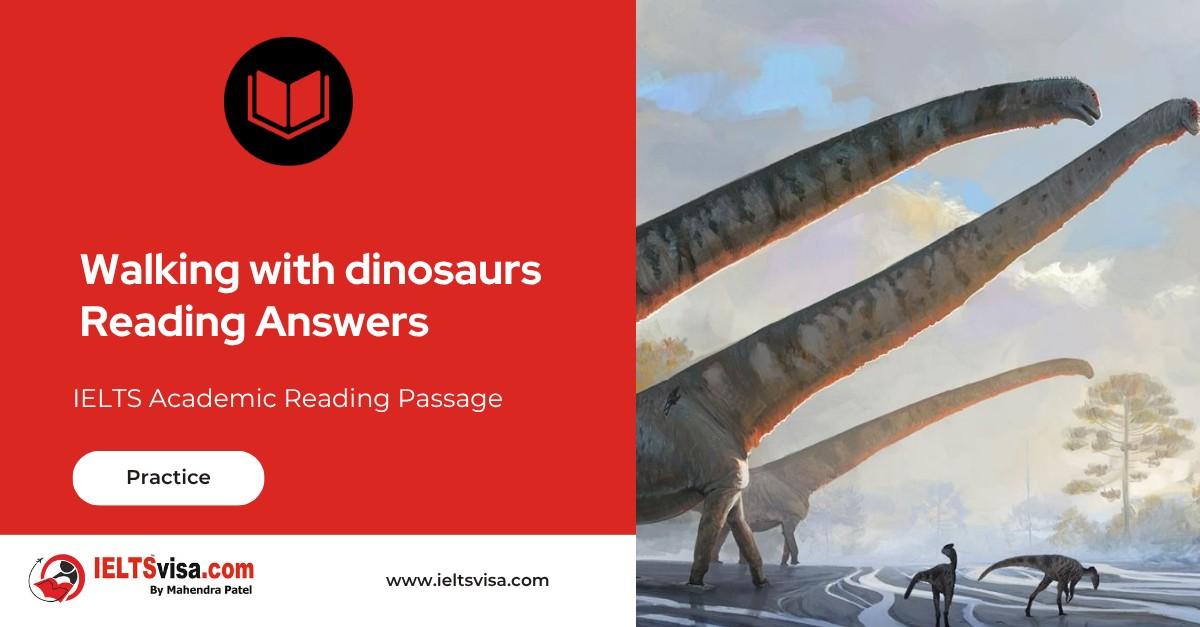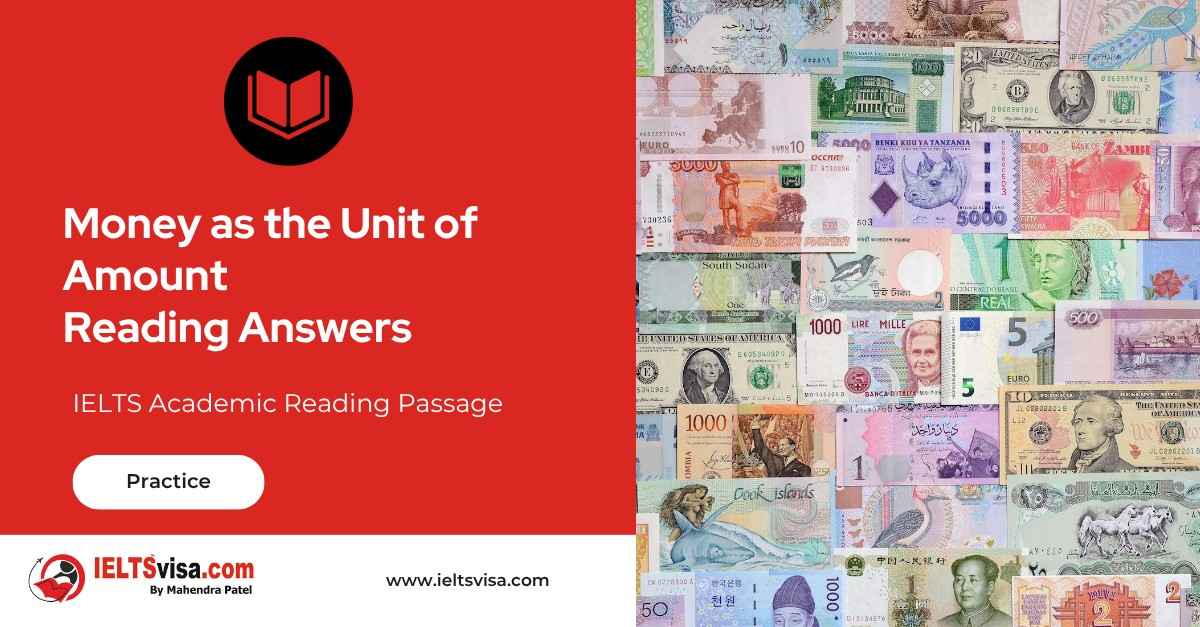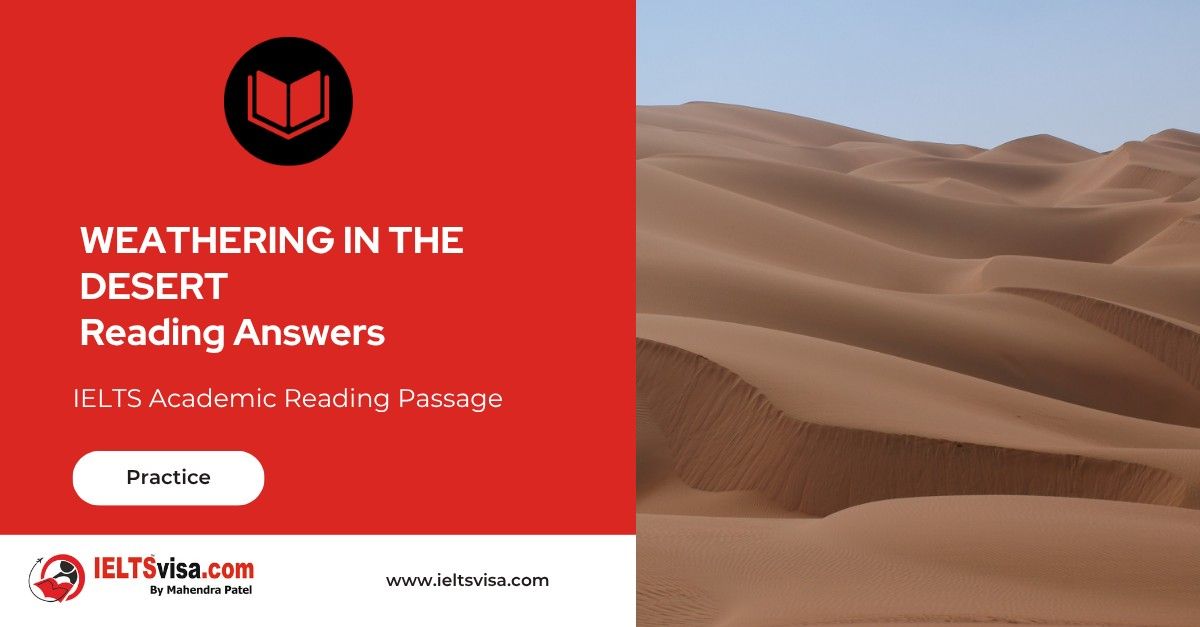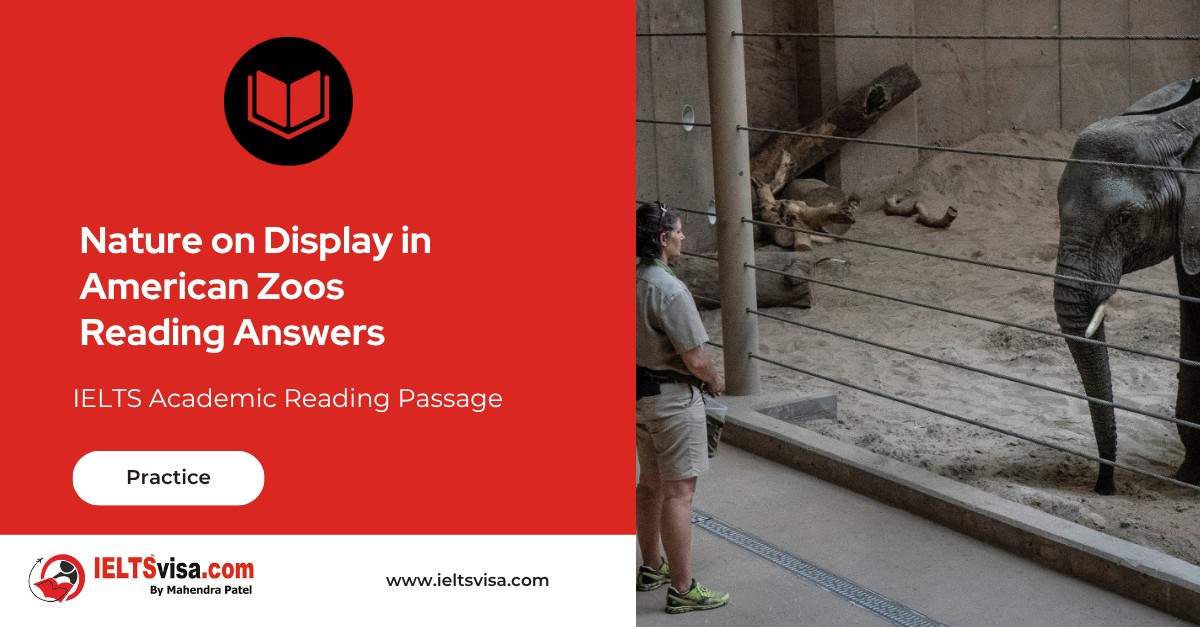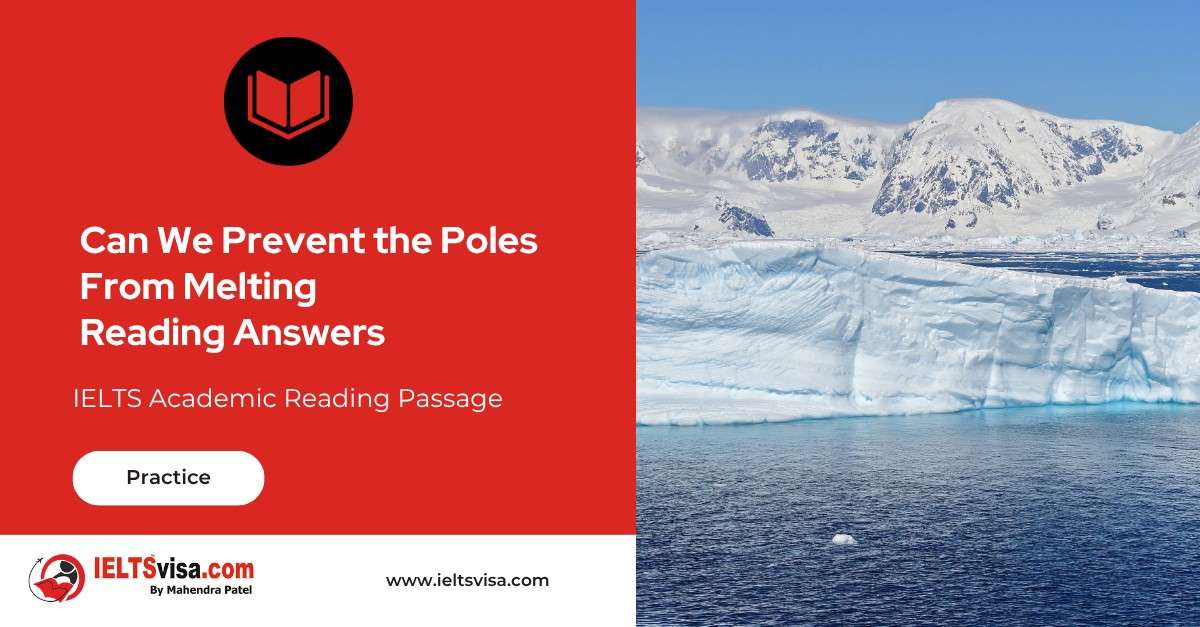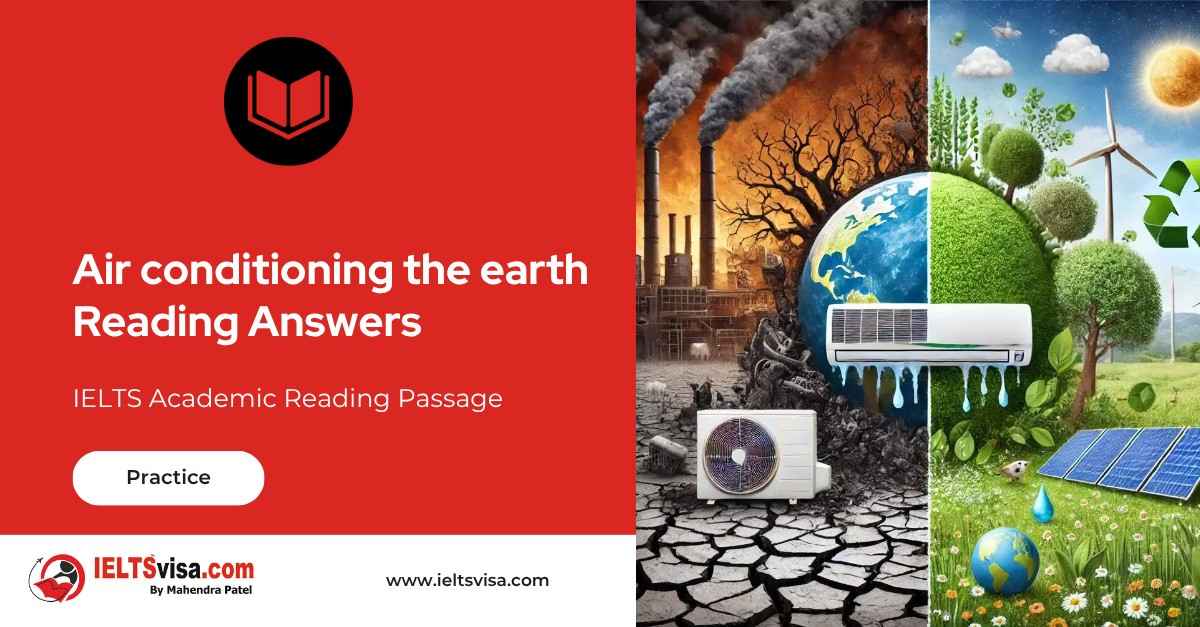Coming of Age Reading Answers
IELTS Academic Reading Passage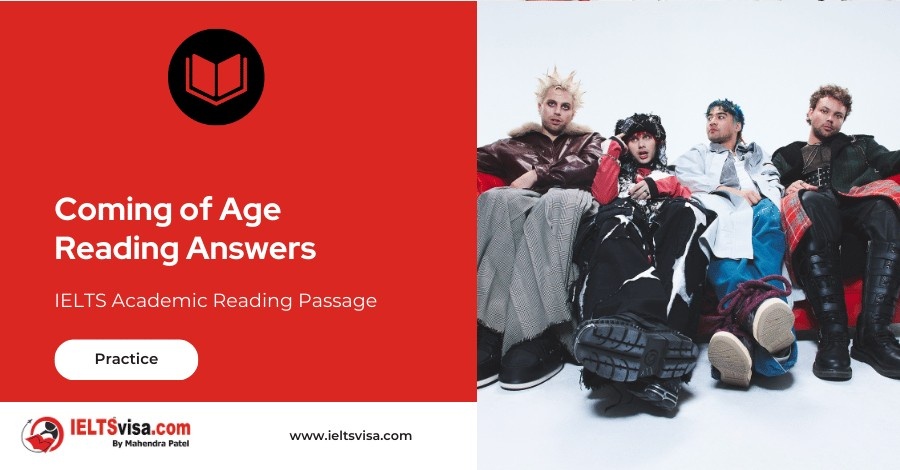
A Three striking facts highlight the dramatic shift in recent years in the relative economic balance of “first-world” and “third-world” economies. Last year, according to our estimates, emerging economies produced slightly more than half of world output measured at purchasing-power parity. Second, they also accounted for more than half of the increase in global GDP in current-dollar terms. And third, perhaps most striking of all, the 32 biggest emerging economies grew in both 2004 and 2005. Every previous year during the past three decades saw at least one country in recession – if not a deep crisis. Some economies will inevitably stumble over the coming years, but, thanks to sounder policies, most can look forward to rapid long-term growth. The young emerging economies have grown up in more ways than one.
B Such happenings are part of the biggest shift in economic strength since the emergence of the United States more than a century ago. As developing countries and the former Soviet bloc have embraced market-friendly economic reforms and opened their borders to trade and investment, more countries are industrialising than ever before and more quickly. During their industrial revolutions, America and Britain took 50 years to double their real incomes per head; today China is achieving that in a single decade. In an open world, it is much easier to catch up by adopting advanced countries’ technology than it is to be an economic leader that has to invent new technologies in order to keep growing. The shift in economic power towards emerging economies is therefore likely to continue. This is returning the world to the sort of state that endured throughout most of its history. People forget that, until the late 19th century, China and India were the world’s two biggest economies and today’s “emerging economies” accounted for the bulk of world production.
C Many bosses, workers, and politicians in the rich world fear that the success of these newcomers will be at their own expense. However, rich countries will gain more than they lose from the enrichment of others. Fears that the third world will steal rich-world output and jobs are based on the old fallacy that an increase in one country’s output must be at the expense of another’s. But more exports give developing countries more money to spend on imports mainly from developed economies. Faster growth in poor countries is therefore more likely to increase the output of their richer counterparts than to reduce it. The emerging economies are helping to lift world GDP growth at the very time when the rich world’s ageing populations would otherwise cause growth to slow significant redistribution of income.
D Although stronger growth in emerging economies will make developed count lies as a whole better off, not everybody will be a winner. Globalisation is causing the biggest shift in relative prices (of labour, capital, commodities, and goods) for a century, and this in turn is causing a significant redistribution of income. Low-skilled workers in developed economies are losing out relative to skilled workers. And owners of capital are-grabbing a bigger slice of the cake relative to workers as a whole..
E As a result of China, India, and the former Soviet Union embracing market capitalism, the global labour force has doubled in size. To the extent that this has made labour more abundant, and capital relatively scarcer, it has put downward pressure on wages relative to the return on capital. Throughout the rich world, profits have surged to record levels as a share of national income, while the workers’ slice has fallen. Hence, Western workers as a whole do not appear to have shared fully in the fruits of globalisation; many low-skilled ones may even be worse off. However, this is only part of the story. Workers’ wages may be squeezed, but as consumers they benefit from lower prices. As shareholders and future pensioners, they stand to gain from a more efficient use of global capital. Competition from emerging economies should also help to spur rich-world productivity growth and thus, average incomes.
F To the extent that rich economies as a whole gain from the new wealth of emerging ones, governments have more scope to compensate losers. Governments have another vital role to play, too. The intensifying competition from emerging economies makes flexible labour and product markets even more imperative, so as to speed up the shift from old industries to new ones. That is why Europe and Japan cannot afford to drag their heels over reform or leave
workers ill equipped to take up tomorrow’s jobs. Developed countries that are quick to abandon declining industries and move upmarket into new industries and services will fare best as the emerging economies come of age. Those that resist change can look forward to years of relative decline. Those that embrace it can best share in the emerging economies’ astonishing new wealth.
Questions 1-4
The text has 6 paragraphs (A – F). Which paragraph contains each of the following pieces of information?
1Advice for developed countries
2The reason that it is faster to develop nowadays
3The fact that in the 30 years before 2004, not all large developing economies grew
4The fact that domination of the global economy by Western countries is unusual in global history
Questions 5-8
Complete the following sentences using NO MORE THAN THREE WORDS from the text for each gap.
Developing economies can catch up with developed ones faster because they don’t have to (5) ___________. Growth in developing countries helps developed economies because of spending (6) ___________. Capital is being used more efficiently because it is (7)___________. Economic (8) ___________ required in many developed economies.
Questions 9-13
Do the following statements agree with the information given in the Reading Passage? In boxes 9 – 13 on your answer sheet, write
TRUE, if the statement agrees with the information
FALSE, if the statement contradicts the information
NOT GIVEN, if there is no information on this
9Large developing economies should not have any problems in the future.
10If one country increases production, another country will have to reduce its production.
11Globalisation is causing greater differences in income.
12Low-skilled workers in developed economies are earning less.
13Japan is not spending enough on education.

Solution For: Coming of Age
Reading Answers
| 1 F | 2 B |
| 3 A | 4 B |
| 5 invent new technologics | 6 on imports |
| 7 relatively scarcer | 8 reform |
| 9 FALSE | 10 FALSE |
| 11 TRUE | 12 NOT GIVEN |
| 13 NOT GIVEN |
Review and Practice
- Regularly practice with IELTS reading samples and time yourself to get used to the pressure of the exam.
- Review your mistakes to understand where you went wrong and how to avoid similar errors in the future.
Our Books
Master IELTS Speaking Part 1
IELTS Writing Task 1 Book
IELTS Writing Task 2 Book
Coming of Age Reading Answers Explanation
Comin Soon
Practice IELTS Other Modules
IELTS Listening
The IELTS Listening test assesses how well you can understand spoken English in various contexts. It lasts about 30 minutes and is divided into four sections with a total of 40 questions. The listening tasks become increasingly difficult as the test progresses.
IELTS Academic Reading
The IELTS Academic Reading section assesses your ability to understand and interpret a variety of texts in academic settings. It is designed to evaluate a range of reading skills, including skimming for gist, reading for main ideas, reading for detail, understanding inferences, and recognizing a writer's opinions and arguments.
IELTS Speaking
The IELTS Speaking test assesses your ability to communicate in English on everyday topics. It lasts 11-14 minutes and consists of three parts: introduction, cue card, and a discussion based on the cue card topic.
IELTS General Reading
IELTS General Reading tests your ability to understand and interpret various types of texts. Here are some key areas and types of content you can expect to encounter in the reading section, along with tips for effective preparation.
IELTS Academic Writing Task 1
In IELTS Academic Writing Task 1, you are presented with a visual representation of information, such as graphs, charts, tables, or diagrams, and you are required to summarize, compare, or explain the data in your own words.
IELTS General Writing Task 1
In IELTS General Writing Task 1, you are required to write a letter based on a given situation. The letter can be formal, semi-formal, or informal, depending on the prompt. Here’s a breakdown of the key components to include in your letter
IELTS Academic Writing Task 2
In IELTS Academic Writing Task 2, you are required to write an essay in response to a question or topic. Here’s a guide to help you understand the essential elements of this task
IELTS Exam Tips
To succeed in the IELTS exam, practice regularly, familiarize yourself with the test format, improve your vocabulary, develop time management skills, and take mock tests to build confidence.
Grammer for IELTS
Grammar is the foundation of effective communication in English. Understanding tense usage, subject-verb agreement, and sentence structure enhances clarity and coherence in writing and speaking.
Vocabulary for IELTS
Vocabulary plays a crucial role in the IELTS (International English Language Testing System) exam, especially in the Speaking and Writing sections. Here’s an overview of why vocabulary is important and how it impacts your performance
RECENT IELTS SAMPLES QUESTIONS AND ANSWERS
Walking with dinosaurs
Peter L. Falkingham and his colleagues at Manchester University are developing techniques that...
Money as the Unit of Amount Reading Answers
The most difficult aspect of money to understand is its function as a unit of account. In...
WEATHERING IN THE DESERT
In the deserts, as elsewhere, rocks at the earth's surface are changed by weathering, which...
Nature on Display in American Zoos
The first zoo in the United States opened in Philadelphia in 1874, followed by the Cincinnati...
Can We Prevent the Poles From Melting
Such is our dependence on fossil fuels, and such is the volume of carbon dioxide we have...
Air conditioning the earth reading answers
The circulation of air in the atmosphere is activated by convection, the transference of heat...

